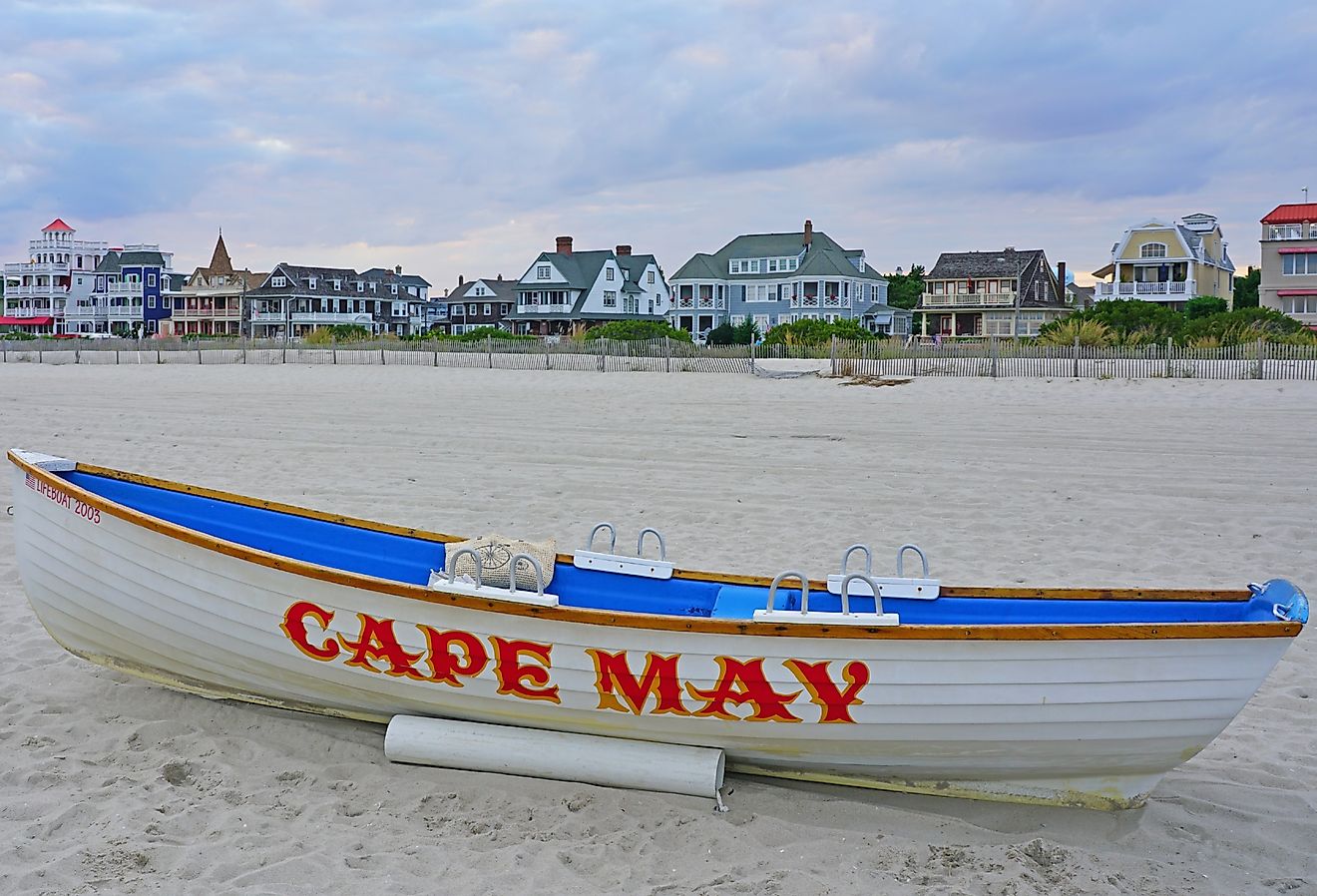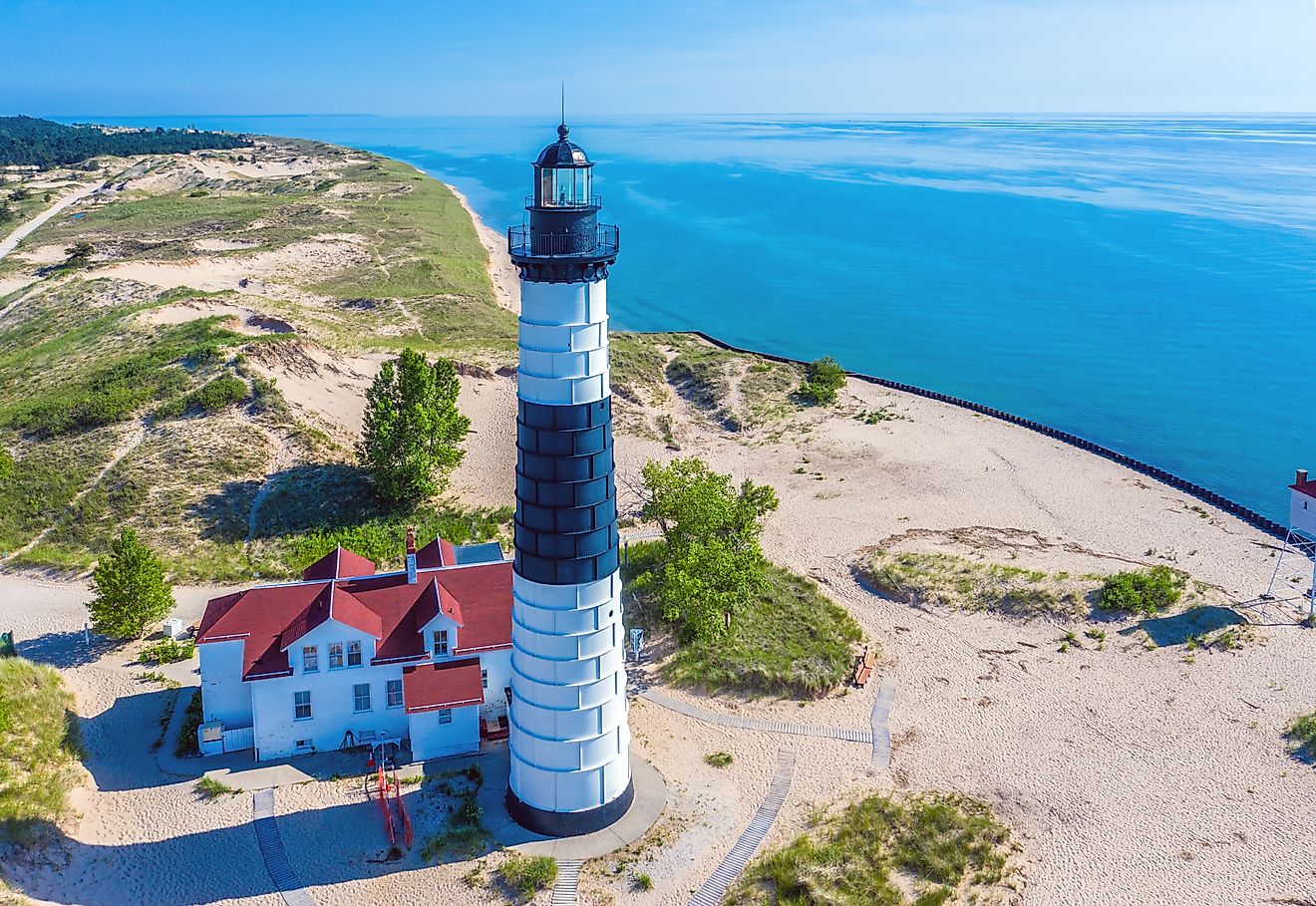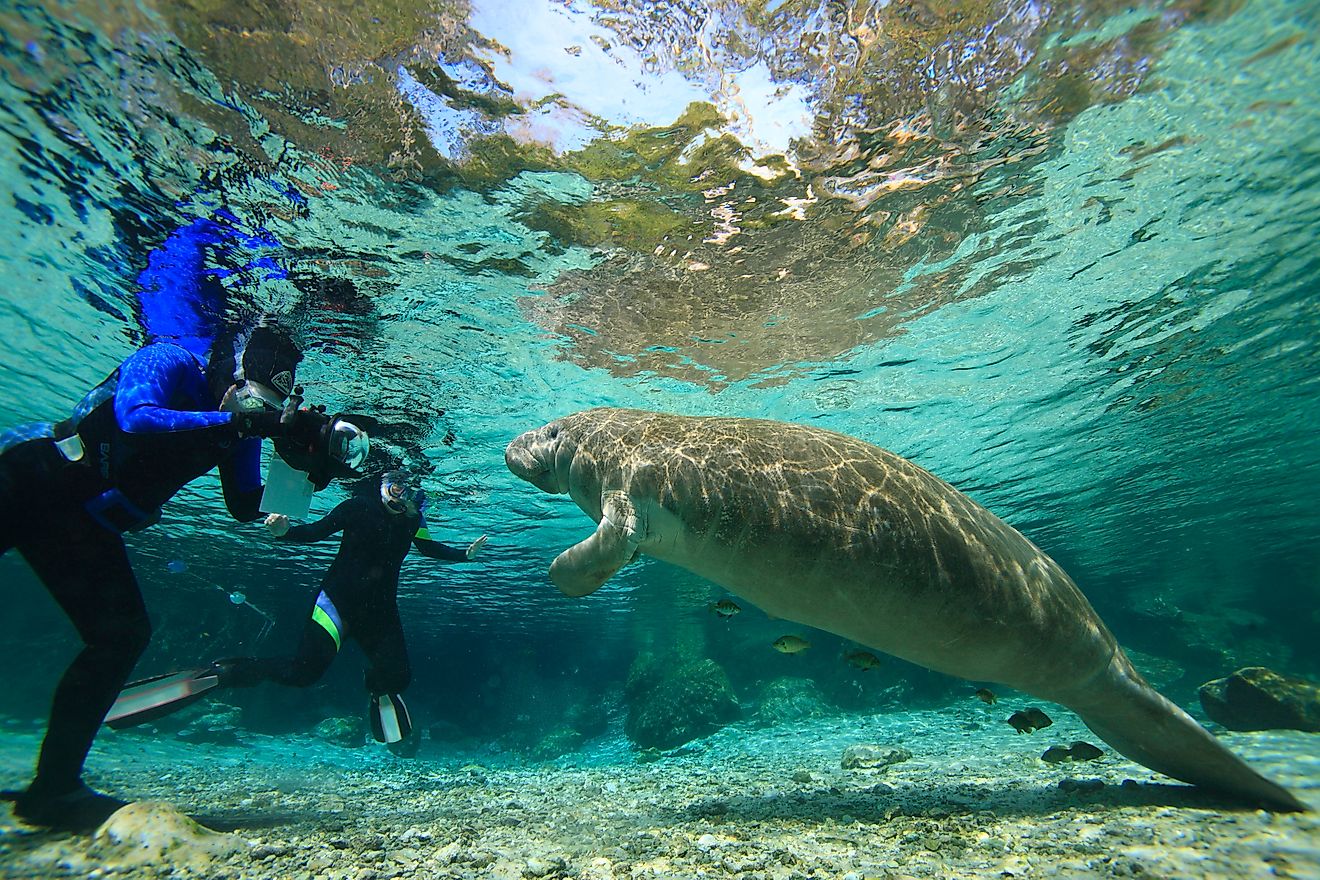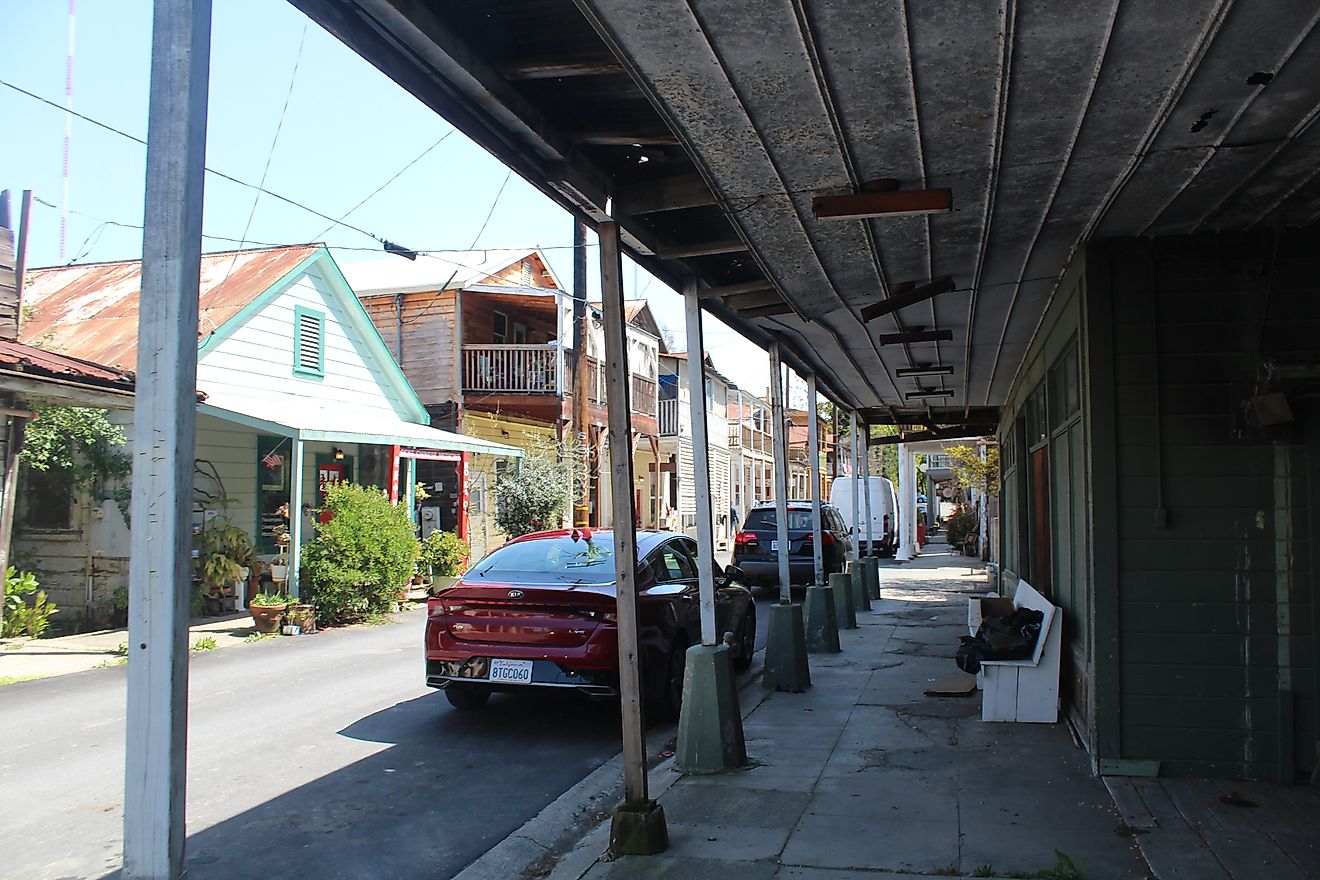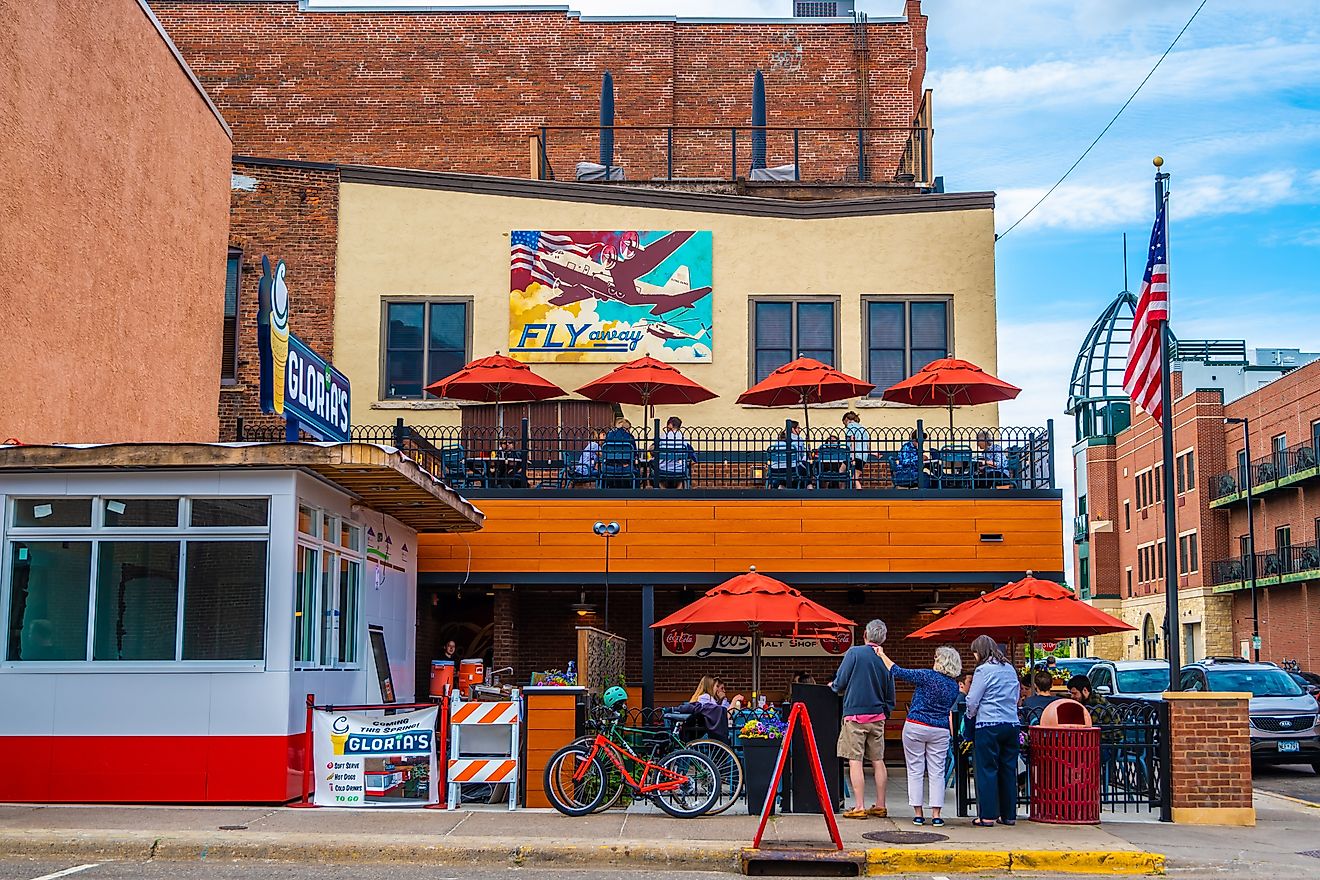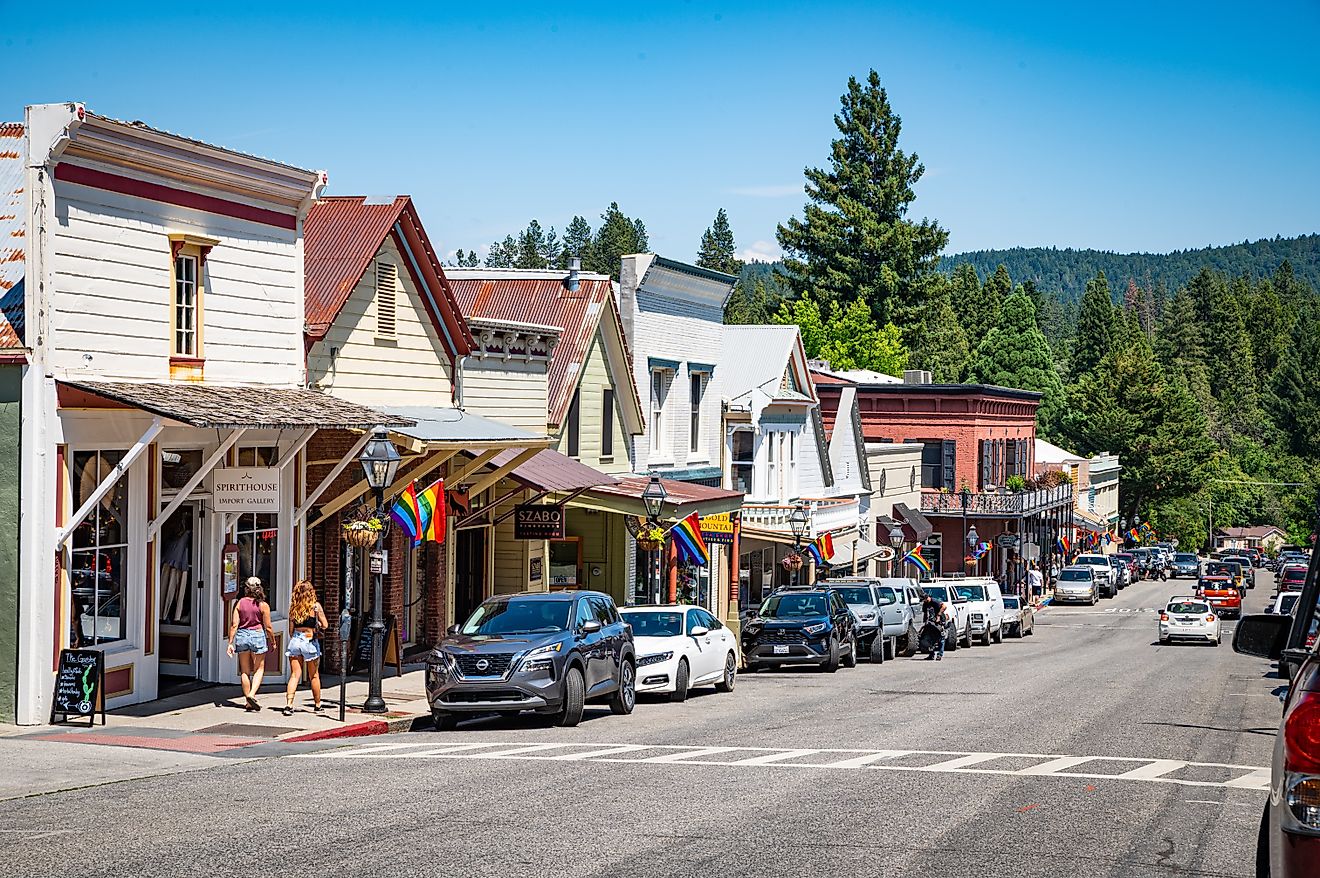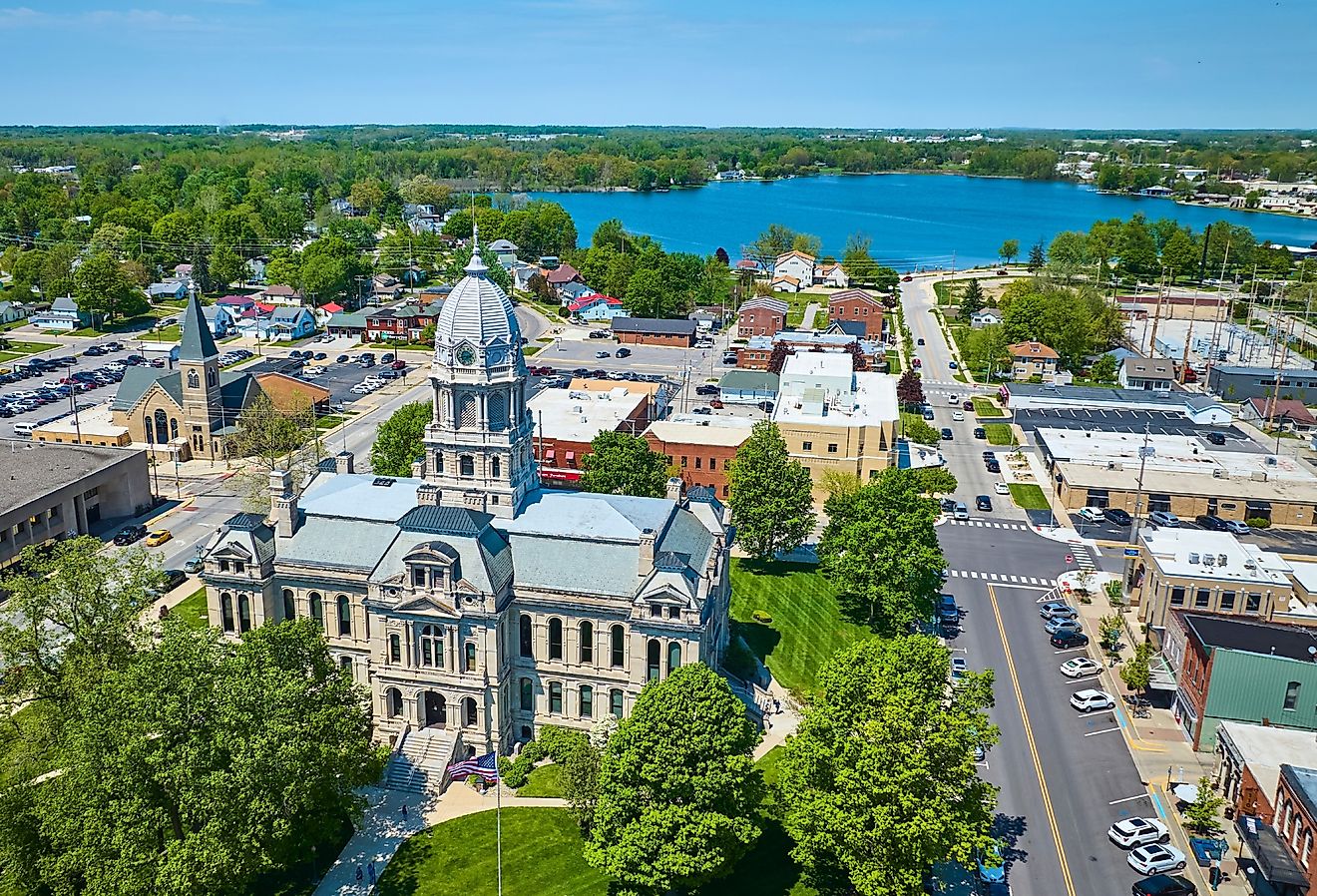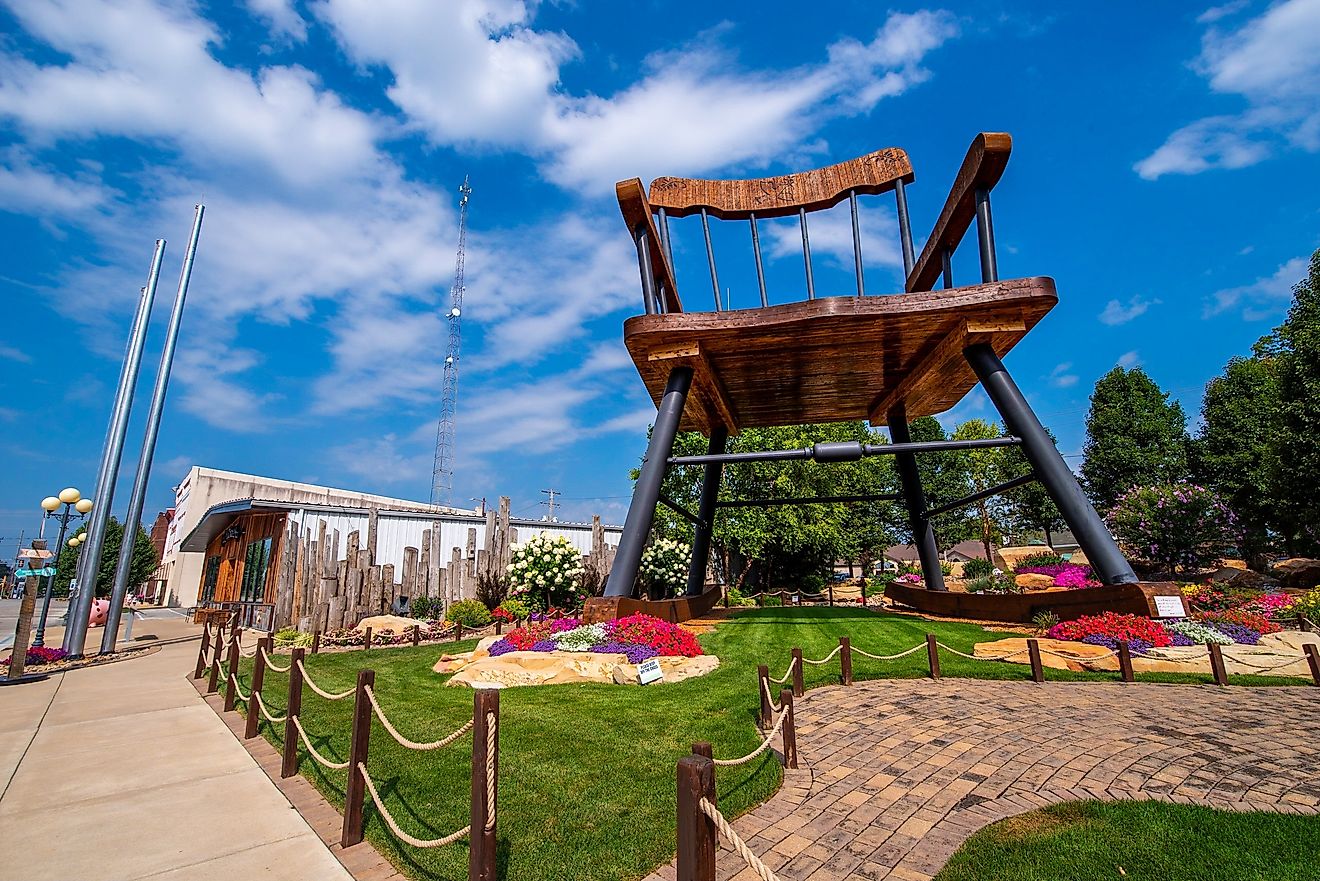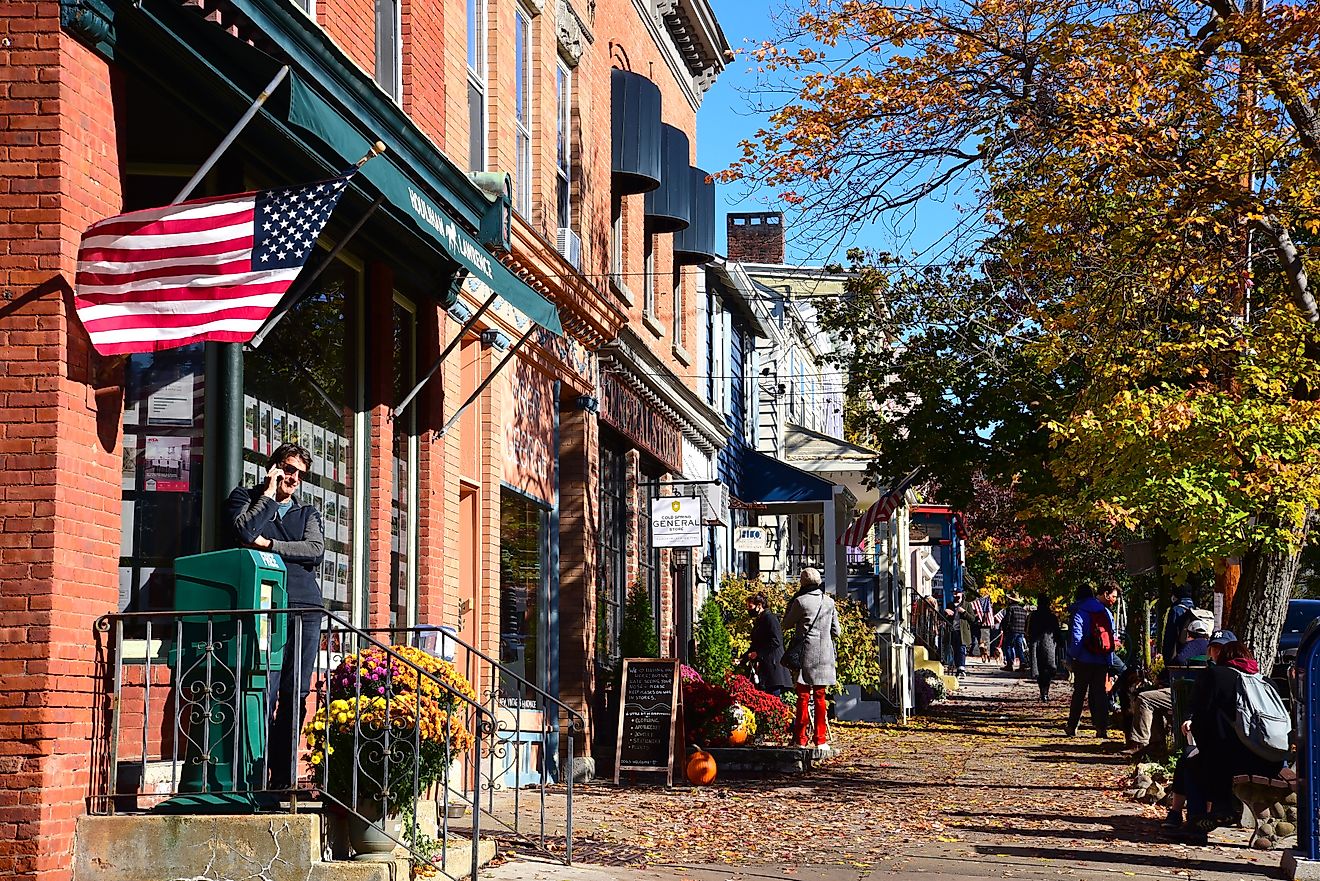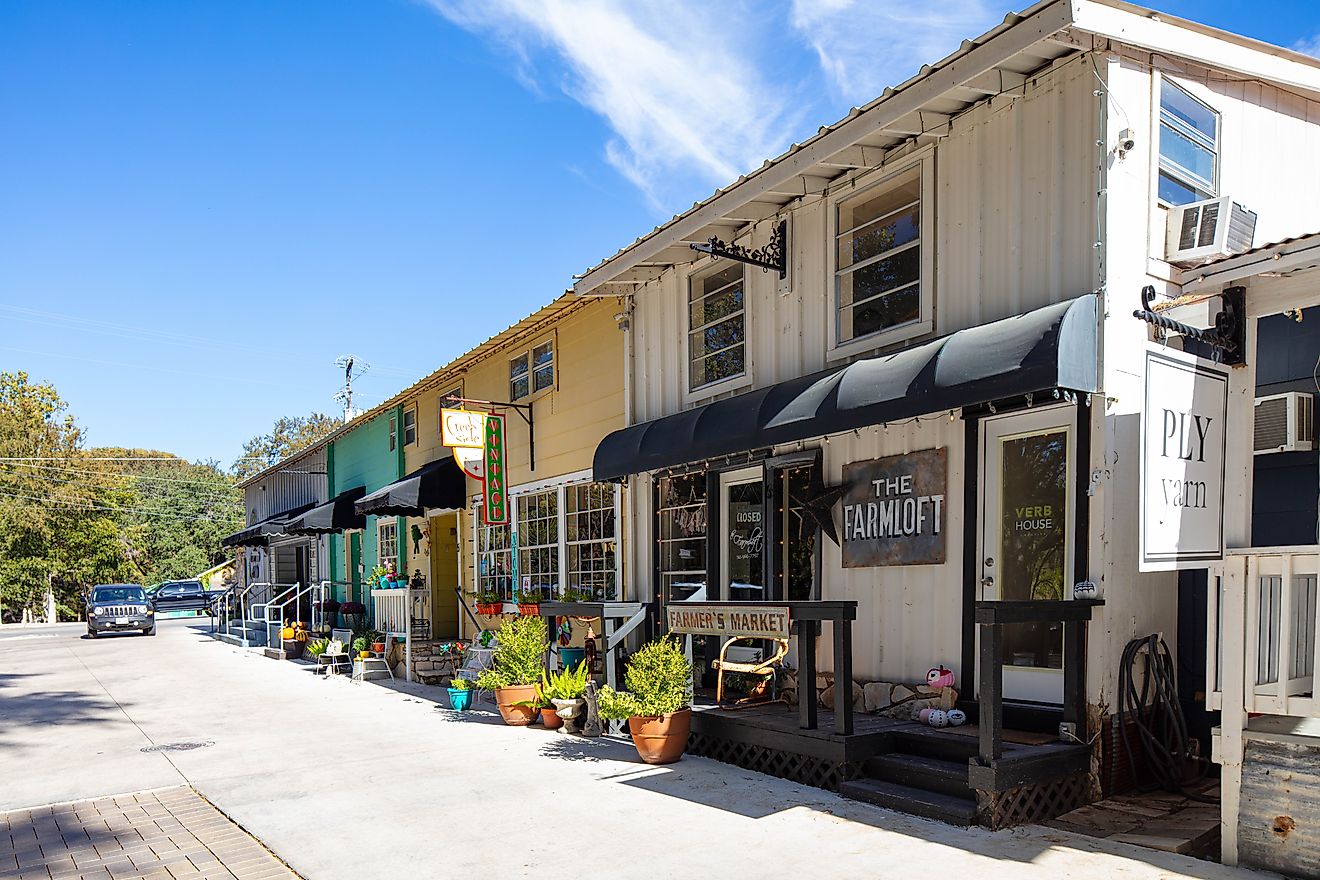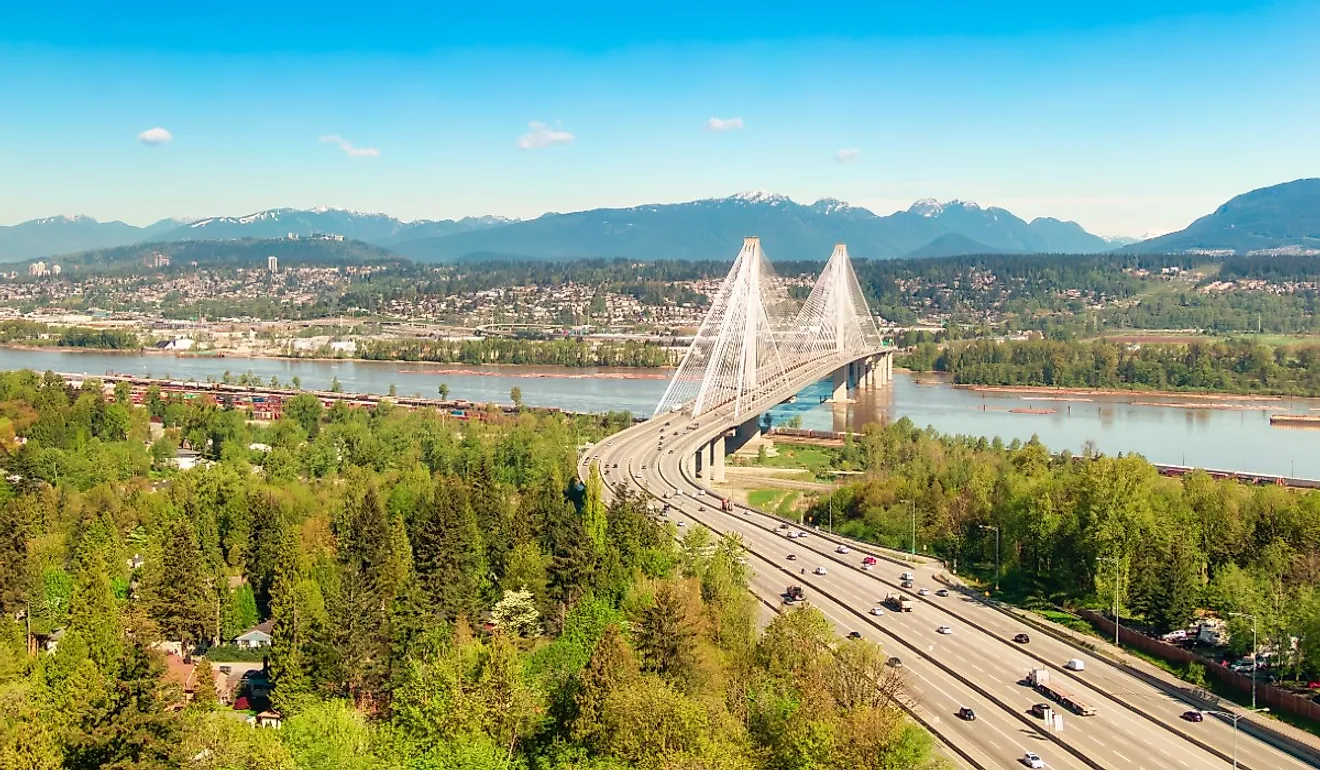
Fernie, Canada
Becoming a municipality in 1904, the town of Fernie lies in the narrow Elk River valley of the East Kootenay region in south-eastern British Columbia in Canada. The traditional territory of the Ktunaxa people, the town is surrounded on all sides by the majestic Rocky Mountains. Small and historic, Fernie plays on its mountainous location and the rich coal-mining history while adding in a splash of modernity for a lifestyle and adventures that attract tourists and act as magnets for people to stay long- and short-term in this town.
Brief History And Coal Industry

Founded in 1898, the town, originally known as Coal Creek, was renamed for a prospector named William Fernie. Having been established as part of the Canadian Pacific Railway line's project, running through Crowsnest Pass, its first commercial district, including sawmills, hardware stores, blacksmith shops, and other suppliers, was wiped out by a fire in 1904. Upon becoming a municipality, it was destroyed again by a firestorm in 1908 but rebuilt quite impressively in brick instead of wood, bringing a dramatic change in the town's landscape.
Soon, Fernie was a bustling center of mining activity, often referred to as the “Pittsburgh of the West,” especially its Coal Creek Mines, while the stores and offices served a diverse community of 6,000 residents. Brought down to its knees in terms of population and prosperity during the recession following the First World War, the switch from coal to oil on the American railroads intensified the effects of the Great Depression on Fernie. The town struggled into the 1960s until its first coal shipments to the Japanese steelmakers in 1970. Thus began the quick and long-lasting revitalization of the town's coal industry. Today, the coal mines operating in the Elk Valley are the town's central economic pillar that supports its residential base, while diversification on tourism and recreation, especially the Snow Valley ski area, aids in Fernie's continuous growth and prosperity.
Tourism In Fernie

The local businesses depend on mine workers’ incomes and the demands of their families, along with the ongoing developing tourism. Considering these influences, the building contractors, suppliers, and tradespeople also play on location while shaping the character of businesses in town accordingly. Incredibly proud of its diversified history, the town's tourism and recreation sectors are inscribed with Fernie's rich cultural heritage, while the local and tourist trade is vital in propelling the town economically. The BC Visitor Information Centre acts as a link between the town's past and the present, helping people connect to their areas of interest of what to see and do in Fernie and in the surrounding region.
The Fernie Museum, set in the heart of the historic downtown, displays a permanent collection with rotating exhibit galleries and a range of specific programs and activities geared for families and the public. One can learn about Fernie’s artistic and literary traditions at the Fernie Arts Station and The Fernie Heritage Library featuring a grand satellite exhibit of the 1908 fire. Having housed themselves within heritage buildings, they make for a rich visual representation of the cultural and architectural insights into the town's past. The locally-owned Snow Valley Ski Development opened the ski hill at its present-day location in January 1963, while the town's bid for the 1968 Winter Olympics motivated the establishment of the grand Fernie Alpine Resort that it is today.
The Fernie Resort
With the ski season in Fernie running into early April and with the average annual snowfall of 875 cm, it is no wonder that come December, several ski enthusiasts from British Columbia and Alberta rummage Fernie Resort. Complete with 142 defined trails, five alpine bowls, and tree skiing, the ski terrain comprises over 10.12 sq. km area with a top point of 2,108m and the bottom at 1,068m. With 1,082m of vertical elevation, 30% of the trails are for advanced skiers and snowboarders, 40% for intermediates and 30% for beginners with the Mini Moose and Mighty Moose lifts for kids and newbies. There is also a by-daily complimentary Mountain Host Tour to get acquainted with the area more closely, starting at 9:30 am and 1:00 pm.

The Deer and Elk Chair lifts take one to the daily-groomed, comprehensive, and open rolling slopes that are perfect for all ages and experience levels, as well as great for warming up at the beginning of the day. The Boomerang Chair accesses the fabulous intermediate Cedar Bowl terrain, while the intermediate-advanced Lizard trail can prepare one for the high-speeds. The Timber Bowl Express and the White Pass Quad are highly-set with the exciting landscape to explore and shred the snow while rummaging through. Taking advantage of the new Polar Peak Lifts for round-trips, one can enjoy the most ski runs in the Canadian Rockies, some of the longest in the country, days-on-end.
Geography And Geology

As the only city-classified place in Canada entirely surrounded by the Rocky Mountains, the Lizard Range holds the famed Fernie Alpine Resort, one of the largest in Canada. Known for their mining history, Mount Fernie, Mount Klauer, The Three Sisters, and Mount Proctor are on the north side of Fernie, with the region also coming complete with the Island Lake Catskiing and resort. While mountain vistas inspire and put the general public in awe, geologists view the ranges as ancient warriors with battle scars revealing millions of years of history. "Black Gold" or coal was discovered in the region by Father Jean de Smet in 1845, during his missionary work with the Kootenay Indians. Upon witnessing large pieces of coal along the river, he wrote, “I am convinced that this fossil could be abundantly procured.”

Quite interestingly, most mountains in the vicinity of Fernie are upside-down, despite looking like regular mountains with broad bases and peaking summits. Made out of sedimentary rocks, the conversed factor comes into play geologically-speaking, with the tops of the Fernie Mountains being some 180 million years older than the rocks on the bottoms, which is opposite from most ranges in the world. Three hundred sixty million years ago, the seas were full of shelled animals and fish that over time evolved to migrate onto the continents. In about five million years since then, marine chemicals precipitated to form limestone on the seafloor that now sits at the craggy summit of The Three Sisters mountain. Furthermore, the collision of North America and the Pacific Ocean Plate buckled the continent, with the segments of ocean floor sinking under North America and stirring up the plastic rock to create volcanic eruptions and form mountains.
In-Town

Adventure-seekers, mountain enthusiasts, and outdoor lovers of all kinds come to Fernie for the stunning natural surroundings and a wide variety of outdoor pursuits. The atmospheric, small-town charm is best observed on the vibrant main street filled with turn-of-the-century brick buildings. The streets are caroused by pick-up trucks and mountain bikes and lined with local and commercial small businesses.
With a casual and laid-back atmosphere, Fernie offers a unique experience for those used to the mass-market ski resorts by holding the sense of the local community in its original vision. The residents are humble, welcoming, and have the deep-rooted resilience of their hard-working predecessors. They also believe in taking pride in their town and the visitors who share their values in bettering the town. Thanks to this and for having endured much in its history, Fernie is alive and thriving today. The rugged and unpolished Fernie is an unassuming little town with a unique charm and a magnetic pull. With its ski-resort, rich history, and cultural prominence in the streets, it is a town of postcard vistas back-dropped by the fabulous mountains.

